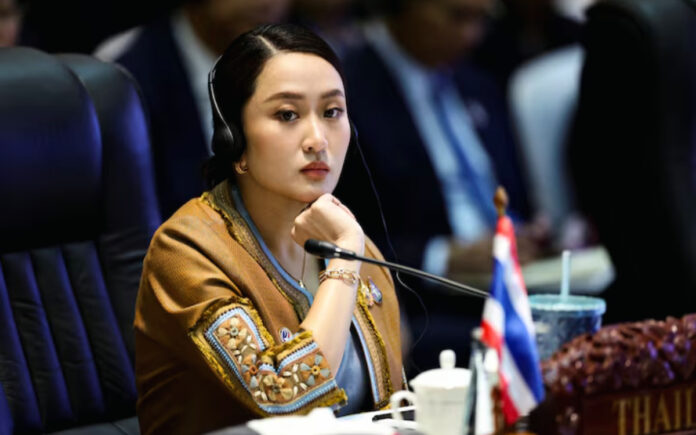Bangkok: Thailand’s Prime Minister, Paetongtarn Shinawatra, issued a public apology on Thursday for the deaths of 85 Muslim protesters in the 2004 Tak Bai crackdown, just as the statute of limitations on the case nears its expiry. The incident, which has left no state official convicted, is one of the most notorious episodes in the separatist insurgency that has claimed over 7,600 lives since reigniting that same year.
“I am deeply saddened for what happened and apologize on behalf of the government,” Prime Minister Paetongtarn stated, expressing her commitment to ensuring such an atrocity never occurs again.
The crackdown took place in the predominantly Buddhist southern town of Tak Bai, where 78 protesters died from being suffocated or crushed after being tightly bound and piled into army trucks. Seven others were shot dead. The event, often referred to as the “Tak Bai massacre,” attracted international condemnation for its brutality and negligence.
The tragedy unfolded during the administration of Paetongtarn’s father, Thaksin Shinawatra, a central figure in Thailand’s ruling Pheu Thai Party. Despite attempts to hold security personnel accountable, no convictions have been secured, and justice remains elusive for the victims’ families.
Two recent attempts to prosecute officials have stalled. In August, a court accepted a criminal lawsuit filed by the families against seven senior officials, including a retired general and a lawmaker from the ruling party. However, none of the accused appeared for the hearing. A separate case filed by the attorney-general against eight other individuals last month has seen no progress.
Also Read | Abdullah Ocalan: The Man at the Center of Turkey’s Four-Decade Conflict with the PKK
Prime Minister Paetongtarn stressed that the incident should not be politicized, acknowledging that the statute of limitations could not be extended due to constitutional constraints. Thai police have stated they are actively searching for all 14 suspects and have issued Interpol red notices.
“Although the case is expiring, history and memories do not,” Ratsada Manooratsada, a lawyer representing the victims’ families, told Reuters. “(The families) will never forget because the perpetrators were not brought to justice.”



